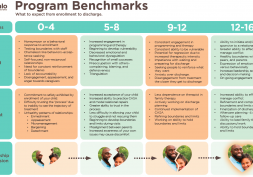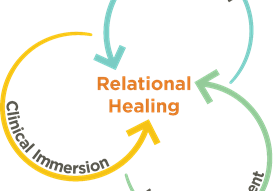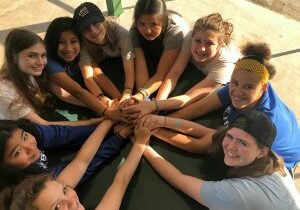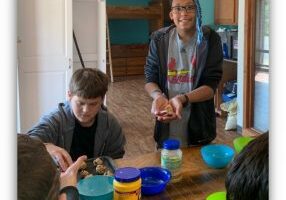What does Calo do? Why do we exist? Who do we serve? Both Parents and Professionals have some common questions when initially connecting with us.
One of the questions we are often asked is “Does a student have to be adopted to enroll in your program?” The answer to this question is absolutely not. We specialize in healing developmental trauma and attachment issues. This applies to children who have internalized an experience as traumatic, occurring before the age of 6. We also focus on students who have relational disruption, often struggling to appropriately connect with others including peers, school staff, and family members. Working with a population of children with trauma and attachment struggles inadvertently means we do enroll many adopted individuals, averaging 80-95% of our students.
Another common question we have from parents is “I adopted my child at birth, how have they suffered trauma if I have always been their caregiver?” It is important to note that a child’s neurological development largely takes place in utero, and trauma can occur during this time. This is particularly true if the birth mother is experiencing significant stress; as the mother’s responds to stress this also impacts the child’s development. It is also important to note that even a child adopted at birth likely still needs to grieve their birth parent(s)’ relinquishment of them. This may create a lot of mixed emotions in a young child.
Another common question is “What does Discipline look like at your program?” We do believe in natural consequences for any decision, yet at Calo we are not a behavioral based program. There are no phases or level systems in place, using formulas of reward vs. consequence. We believe in the power of healthy and safe relationships. With those relationships we create an environment of security, allowing students to step outside of “survival mode” and use executive functioning to control impulsive behaviors.
Finally, another question from parents is “Why does the program take so long?” Relationships take time, especially with students that struggle with Reactive Attachment Disorder. Our staff and clinicians must build trust with the student using our CASA therapy model to allow progress. This takes much time and evidence. Also, the family and the student must often mend their relationship and build a foundation of trust before the student is able to be reunited with their family in the home environment, which is the goal.







